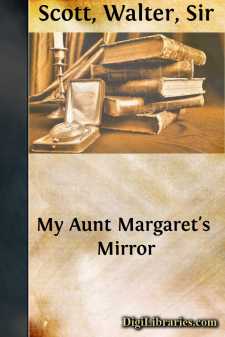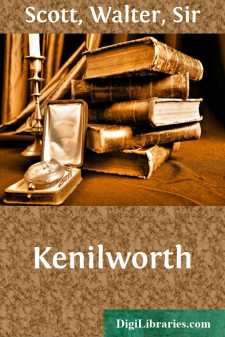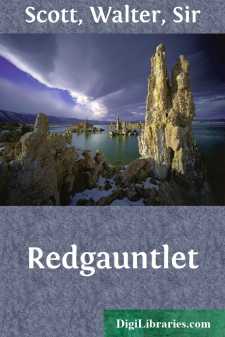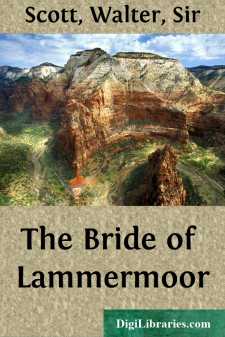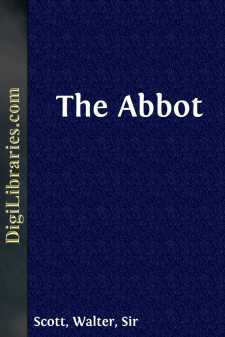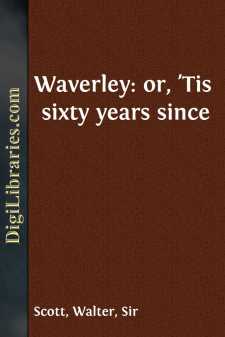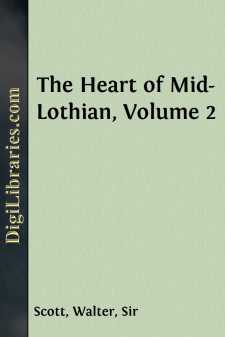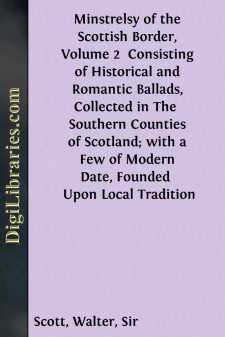Categories
- Antiques & Collectibles 13
- Architecture 36
- Art 48
- Bibles 22
- Biography & Autobiography 813
- Body, Mind & Spirit 141
- Business & Economics 28
- Children's Books 12
- Children's Fiction 9
- Computers 4
- Cooking 94
- Crafts & Hobbies 4
- Drama 346
- Education 46
- Family & Relationships 57
- Fiction 11826
- Games 19
- Gardening 17
- Health & Fitness 34
- History 1377
- House & Home 1
- Humor 147
- Juvenile Fiction 1873
- Juvenile Nonfiction 202
- Language Arts & Disciplines 88
- Law 16
- Literary Collections 686
- Literary Criticism 179
- Mathematics 13
- Medical 41
- Music 40
- Nature 179
- Non-Classifiable 1768
- Performing Arts 7
- Periodicals 1453
- Philosophy 64
- Photography 2
- Poetry 896
- Political Science 203
- Psychology 42
- Reference 154
- Religion 513
- Science 126
- Self-Help 83
- Social Science 81
- Sports & Recreation 34
- Study Aids 3
- Technology & Engineering 59
- Transportation 23
- Travel 463
- True Crime 29
My Aunt Margaret's Mirror
by: Walter Scott
Description:
Excerpt
CHAPTER I.
You are fond (said my aunt) of sketches of the society which has passed away. I wish I could describe to you Sir Philip Forester, the "chartered libertine" of Scottish good company, about the end of the last century. I never saw him indeed; but my mother's traditions were full of his wit, gallantry, and dissipation. This gay knight flourished about the end of the seventeenth and beginning of the eighteenth century. He was the Sir Charles Easy and the Lovelace of his day and country—renowned for the number of duels he had fought, and the successful intrigues which he had carried on. The supremacy which he had attained in the fashionable world was absolute; and when we combine it with one or two anecdotes, for which, "if laws were made for every degree," he ought certainly to have been hanged, the popularity of such a person really serves to show, either that the present times are much more decent, if not more virtuous, than they formerly were, or that high-breeding then was of more difficult attainment than that which is now so called, and consequently entitled the successful professor to a proportional degree of plenary indulgences and privileges. No beau of this day could have borne out so ugly a story as that of Pretty Peggy Grindstone, the miller's daughter at Sillermills—it had well-nigh made work for the Lord Advocate. But it hurt Sir Philip Forester no more than the hail hurts the hearthstone. He was as well received in society as ever, and dined with the Duke of A—— the day the poor girl was buried. She died of heartbreak. But that has nothing to do with my story.
Now, you must listen to a single word upon kith, kin, and ally; I promise you I will not be prolix. But it is necessary to the authenticity of my legend that you should know that Sir Philip Forester, with his handsome person, elegant accomplishments, and fashionable manners, married the younger Miss Falconer of King's Copland. The elder sister of this lady had previously become the wife of my grandfather, Sir Geoffrey Bothwell, and brought into our family a good fortune. Miss Jemima, or Miss Jemmie Falconer, as she was usually called, had also about ten thousand pounds sterling—then thought a very handsome portion indeed.
The two sisters were extremely different, though each had their admirers while they remained single. Lady Bothwell had some touch of the old King's Copland blood about her. She was bold, though not to the degree of audacity, ambitious, and desirous to raise her house and family; and was, as has been said, a considerable spur to my grandfather, who was otherwise an indolent man, but whom, unless he has been slandered, his lady's influence involved in some political matters which had been more wisely let alone. She was a woman of high principle, however, and masculine good sense, as some of her letters testify, which are still in my wainscot cabinet.
Jemmie Falconer was the reverse of her sister in every respect. Her understanding did not reach above the ordinary pitch, if, indeed, she could be said to have attained it....


